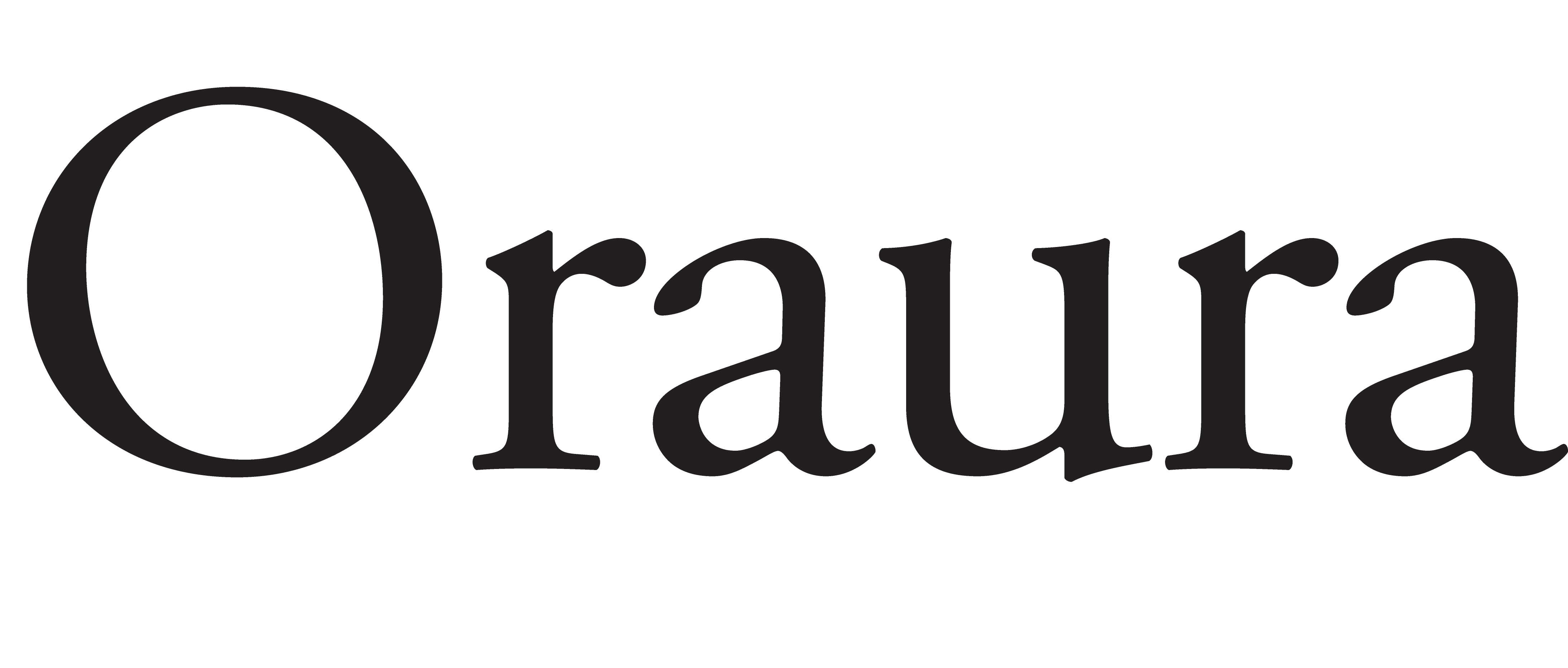Why Do We Truly Want Authenticity?
At our core, we all long for authenticity. But what is it about being authentic that feels so right, so deeply aligned with who we are? The desire for authenticity is rooted in our psyche and our connection to others. We intuitively seem to understand that it is not only deeply desired but also essential to living a fulfilling life. To be our true self means to live in alignment with our core values, feelings, and beliefs. It is not about letting ourselves run wild with moods and flaws without restraint. It is about being self-aware of our emotional complexity, embracing it, taking responsibility for it and regulating it to truly serve us.
Each one of us in the world has glimpses of our genuine selves that we made dormant or hid to keep safe from circumstances or life’s cruelty. We feel that one day, somehow, when all is taken care of we will be able to bring it out of the safe box and let it free again. Only to realize that its mechanics don’t work that way. To awaken it is a process.
We have an innate desire for alignment and feeling whole. As human beings, we are wired to seek harmony between who we are on the inside and how we present ourselves to the world. When we act inauthentically, it creates an internal tension—a discomfort born of the mental strain we feel when our actions don’t align with our beliefs. This discomfort isn’t something we learn; it’s part of our psychological wiring. Being authentic allows us to integrate all parts of ourselves, live with integrity, leading to a deep sense of peace. It feels good because it resonates with our true nature.
On a deeper level, our soul craves truth. Many philosophies and studies believe that the true self or soul is inherently aligned with truth, love, and connection. How to live in a way that we connect with others with the possibility of creating lasting bonds. Dishonesty, or living out of alignment with our true self, pulls us away from this truth, leading to emptiness and disconnection. That is why the craving for authenticity is often felt as a soul’s calling—a deep sense of rightness that comes when we are loyal to ourselves.
Perhaps one of the most powerful reasons we seek authenticity is the freedom it brings. When we are free from the burden of pretense, keep pleasing others, we feel liberated. There is a lightness that comes with authenticity—freedom from hiding parts of ourselves, freedom from living up to false expectations. This freedom feels expansive, and it allows us to connect with others on a much deeper level.
This gives us a profound sense of fulfillment and meaning. When we embrace our true selves we often feel a deeper connection to our purpose. We can contribute to the world by sharing our gifts, creating an impact that feels meaningful. At the end, this is what our soul really seeks: living with intention.
Psychological research shows that authenticity supports mental health and well-being. Expressing our true selves without fear of judgment—we tend to experience greater life satisfaction and be emotionally resilient. Lacking that expression we feel stress and anxiety. Authenticity promotes a sense of self-acceptance that is key to emotional well-being.
True leadership, at its core, is leading by example. It intuitively feels as we are not trying to sell ourselves and have other people buy us. We are putting ourselves out there and see how people react to us. We are not the seller, we are the buyer, we are the one screening. This is what authenticity does, like a magnet, like a flashlight it is going to filter the people who don’t align with us. And this is something we would like to determine fast, because then we will attract those who do. Authenticity is an exercise on fear and the only thing we should do is process fear continuously. It feels awkward because it is an act of courage, it is not about being perfect or abiding—it is about being real.






